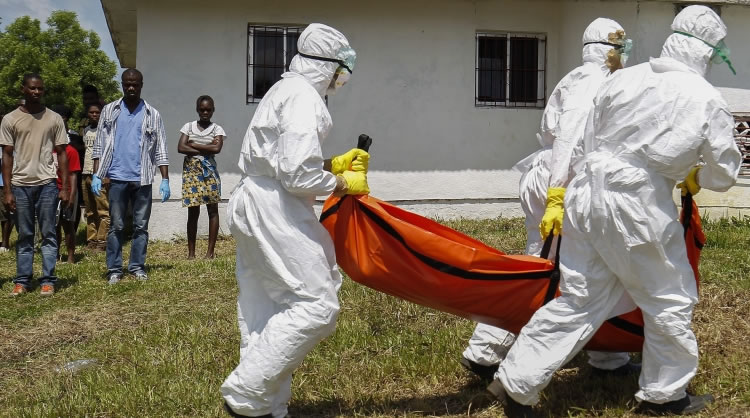The Coalition of United Political Parties (CUPP) on Saturday attacked President Muhammadu Buhari for blaming the Independent Natiaonal Electoral Commission (INEC) for positioning the elections.
The coalition insisted that President Buhari was part of reasons for the unfortunate postponement.
It described President Buhari as dishonourable and a desperate despot afraid of losing to the opposition.
Recall that INEC on Saturday postponed the elections earlier scheduled to commence today. This shocking postponement has since attracted condemnations within and outside the country.
The president also condemned the commission on Saturday for subjecting Nigerians to so much embarrassment despite according the commission all the needed support and corporation.
Read CUPP’s full statement below:
CUPP reaction to President Buhari statement on election shift
Your statement on election shift shows you are a dishonourable , lying desperate despot scared of impending defeat.
..You are pained because you didn’t get staggered election which was why your government security forces sabotaged election materials distribution
..Your Air Force called off pilots midair into distribution. Your Central Bank locked strong rooms midway into distribution of electoral materials, your security forces aided bandits to steal supplied materials.
You used Amina Zakari to compromise about eight Federal Commissioners to support you plan to conduct staggered election. Your security forces looked the other way while your supporters burnt INEC offices and card readers.
Despite the mayhem your government and security forces unleashed on INEC, you wanted the election to hold with only 50 percent state ready and thinking that INEC will give you staggered election.
Though INEC failed Nigerians , the commission disappointed you more by refusing staggered election and you shamelessly issued a statement blaming them after you set the nation on the path of fire and bloodshed by sabotaging distribution.
Bow your head in shame, Mr.President.
We shall meet you again on Saturday February 23 2019.
The fate of President Kabila of Congo awaits you. In case you don’t know, after burning down Congo’s electoral body’s offices and materials, Kabila’s party was defeated.
Ikenga Imo Ugochinyere
CUPP Spokesperson

